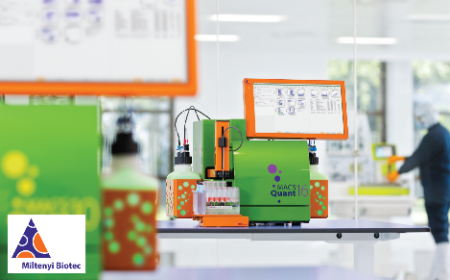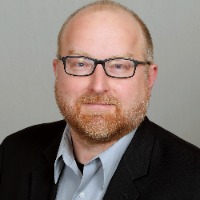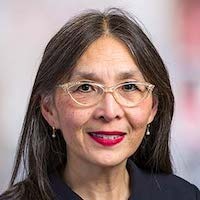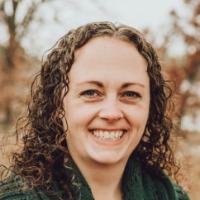Strategies to advance the donor selection process for cell therapies to improve outcomes

HLA matching in the development of leading-edge allogeneic therapeutics and cellular therapies—and hematopoietic stem cell transplantation (HSCT)—isn’t only about finding the best matches. But also avoiding mismatches that could result in less optimal patient outcomes.
By applying data and research findings to clinical decision-making and optimizing donor source selection, the cell therapy industry can work to improve event-free survival.
This upcoming webinar will explore research identifying HLA-B mismatches that are most optimal and which cause negative effects. In addition, attendees will learn about an automated HLA-B leader matching assessment tool that can be used to help avoid mismatching for HLA-B alleles associated with higher risks for future patients. While developed for HSCT, the learnings could be applied to other allogeneic cellular therapies.
Understanding donor HLA characteristics and their impact on the final therapy can ultimately improve allogeneic cell therapy outcomes.
Attendees will learn:
- The science of the HLA-B leader peptide and its functional role in cell therapy outcomes
- How the HLA-B-leader tool—initially created to support National Marrow Donor Program® (NMDP)/Be The Match® initiatives and research on optimizing HSCT success using mismatched donors—can be used by the cell therapy field in donor source selection
- The impact these tools and research will have on improving patient outcomes in HSCT and emerging cell and gene therapies
You might also like
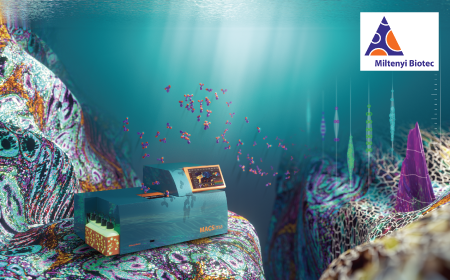
Same-section spatial multiomics: a platform for detailed analysis of the solid tumor TME
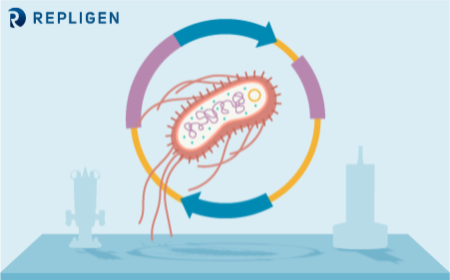
Precision in production: optimizing monitoring and quality control for high-value plasmids
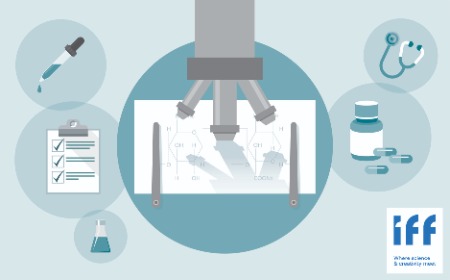
Advancing cell therapy: innovations in polymer-based encapsulation and delivery
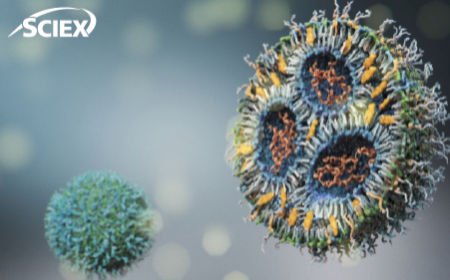
Pure and simple: understanding LNP analytics for better mRNA-based drugs
